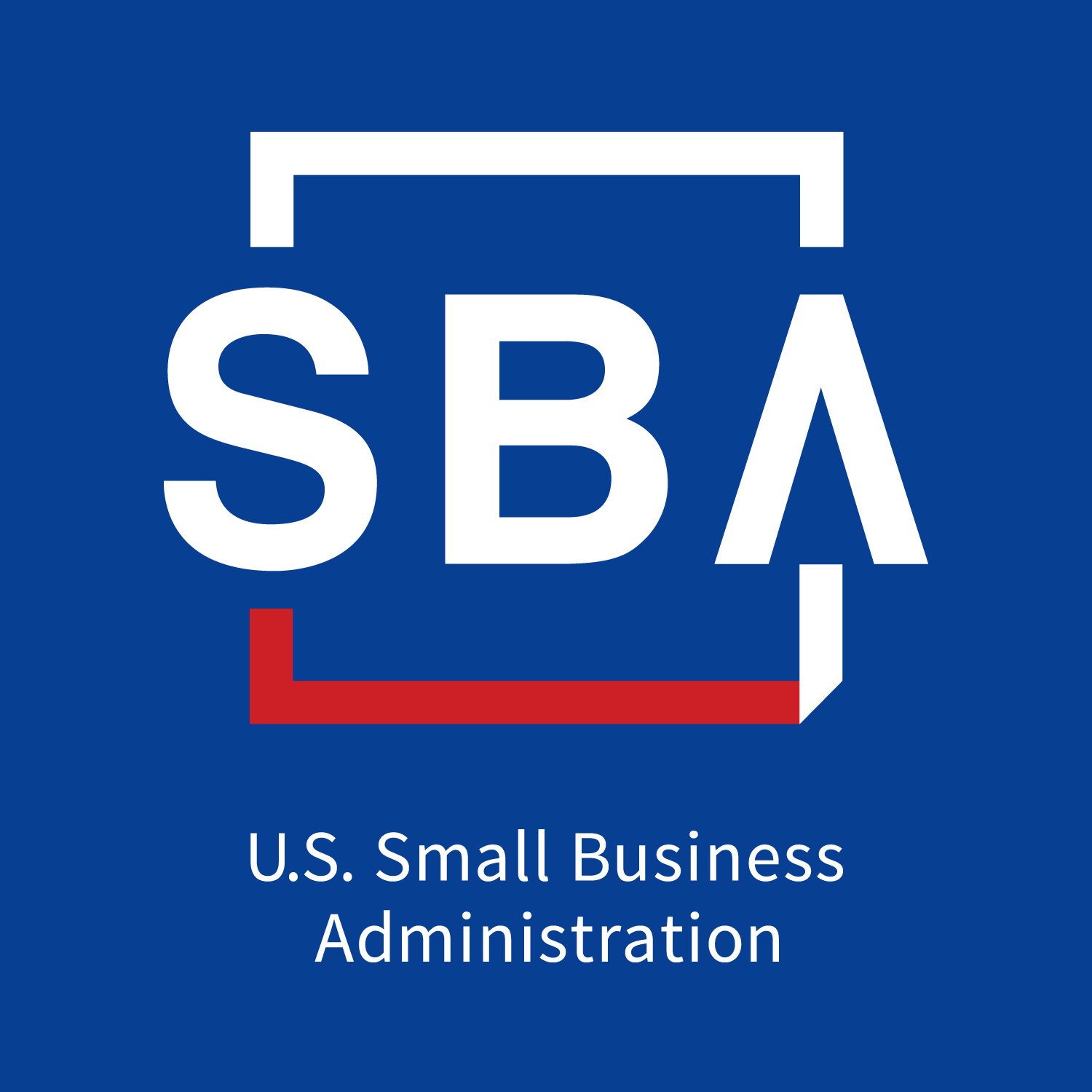New Issues with Trade Licenses in SBA Deals (June 2025)
In skilled or specialty trade businesses (e.g., HVAC, electrical, plumbing), licenses often reside with a key employee or the seller. When the buyer isn’t licensed, the seller or a licensed key employee typically must remain involved post-transaction to maintain the company’s license.
Effective June 1, 2025, the Small Business Administration (SBA) changed several rules around business‑sale loans. The new rules in update SOP 50 10 8 complicate the situation for contractors significantly:
- Before:
Sellers or licensed employees could retain a small equity stake in the business without a personal guarantee (PG), allowing the license to stay valid without significant risk to the seller or employee. - After (New Rules):
Now, even a small retained equity stake triggers a mandatory PG. Most license holders will be reluctant to guarantee an SBA loan for a business they no longer fully control.
Why This Matters
Without a licensed professional tied to the business in a meaningful way (i.e. equity), SBA-funded transactions become difficult because the license transfer or continuity of the license is usually required for financing.
- Banks (and the SBA) want assurance the business maintains licensing compliance post-sale.
- Buyers without licensing credentials rely on licensed sellers/employees to retain some equity, which is significantly more challenging due to the recent changes including a personal guarantee.
How Alternative Equity Could Help
Alternative equity incentives are uniquely positioned here because:
- No Personal Guarantee Required:
License holders (sellers/employees) can receive alternative equity (i.e. phantom stock) without triggering SBA-mandated personal guarantee requirements because it’s a cash-based incentive and not actual equity. - License Continuity Through Employment or Contract:
Instead of maintaining a small actual equity stake, the licensed individual remains as an employee or stays involved as a contractor and receives phantom stock tied to business performance, ensuring compliance without the PG exposure. - Flexible Alignment of Incentives:
Phantom equity aligns the licensee’s interests financially with the company without the headaches of traditional equity.
Practical Example in Trades
- Old way:
Seller rolls 5–10% in traditional equity post-transaction, personally guaranteeing SBA loan under new rules. - New way (with phantom equity):
Seller fully exits real equity position (no PG). Seller stays involved via employment or consulting agreement with a phantom stock award aligning them financially to performance and license continuity.
Ideal Outcome with Phantom Equity
- SBA compliance is maintained—no personal guarantees for non-owners.
- License stays valid, allowing the buyer to operate the business.
- License holder incentivized economically without unwanted PG risk.








